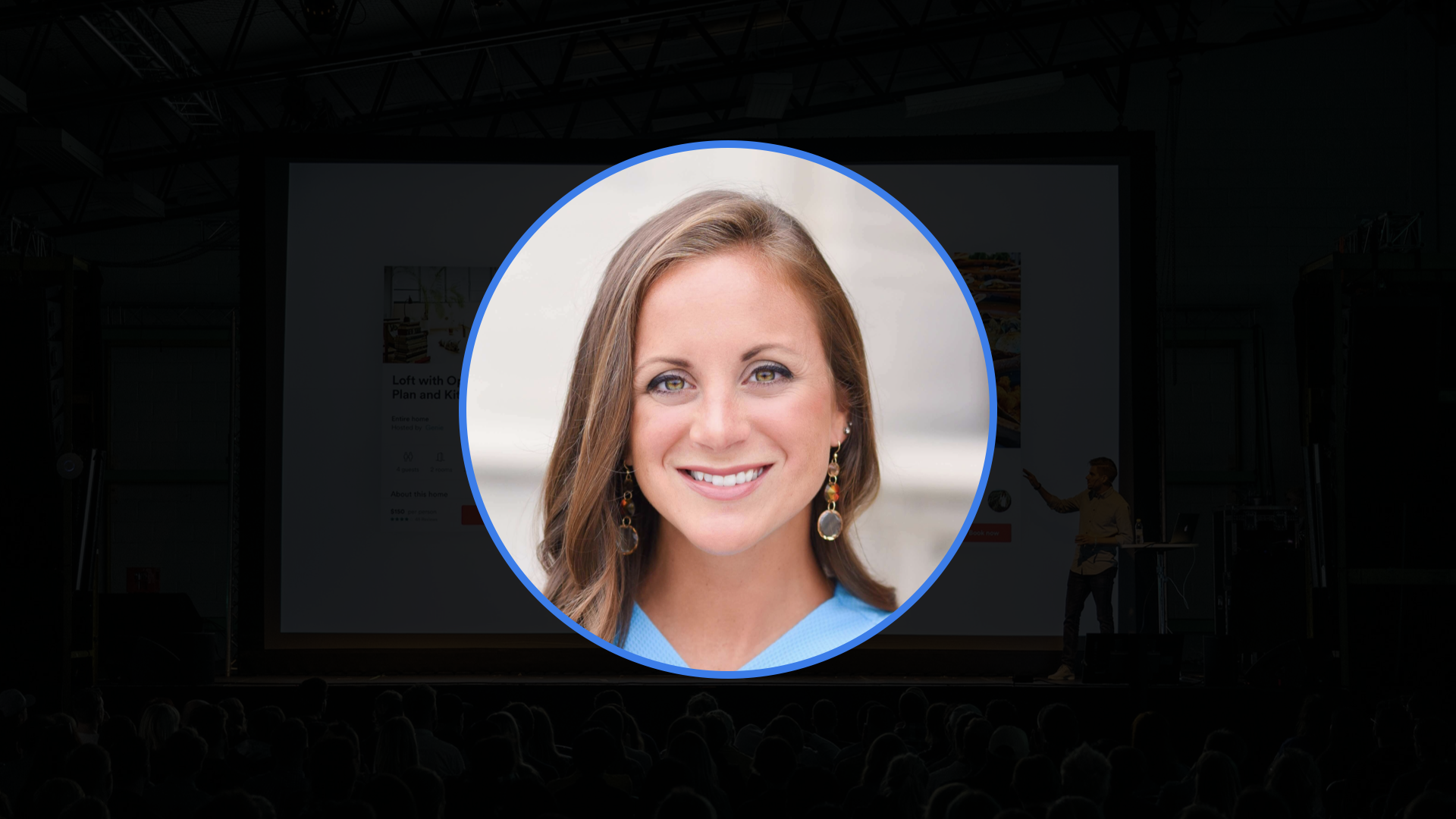
Ashley Bendiksen
Heilbrigð sambönd, heilbrigðir nemendur
Í fyrirlestri sínum ræðir Ashley um heimilis- og kynferðisofbeldi, sérstaklega í nánum samböndum ungmenna. Hún talar frá um reynslu sem þolandi slíks ofbeldis frá 14-20 ára og segir frá viðvörunarbjöllum, áhrifum og mögulegum íhlutunum sem fullorðnir geta séð og notað sama hvaða aldri barna og ungmenna þau vinna með.
“Intervention is not just a responsibility, it's an opportunity.”
— Ashley Bendiksen
Spurningar og svör frá Sli.Do
Q1: Is there any way to see in school behavior (13-16 years old) what pupils are going to be abusive in relationships?
This is a really great question. It's certainly more challenging to identify, however, there are patterns and behaviors that can raise red flags enough to warrant a check-in or make a referral for further support.
Firstly, pay attention to the red flags you’ve just learned: isolation, control, manipulation, volatility. Simply knowing these will help you recognize warning signs. For example, a student who consistently tries to dominate or control their peers, either by physical force or manipulation, may exhibit controlling behavior in relationships. Students who struggle to manage their anger, regulate their emotions, or handle conflict well might carry these behaviors into relationships.
Some other examples include students who exhibit: a lack of empathy towards others’ feelings particularly when it relates to their actions, a sense of entitlement or superiority, or rigid beliefs and stereotypes around gender roles. Further, any knowledge that a student has witnessed or experienced violence at home is a red flag. Abuse is a learned behavior and may become normalized by these students, making early intervention crucial.
Q2: What made you feel like you weren't "alone" anymore? What is the main thing that you think has the most influence on teenagers so that they open up?
Unfortunately, I felt less alone many years later. However, this undoubtedly came from learning about abuse and being exposed to others with similar stories. This created a feeling of solidarity which, in turn, made me feel less alone.
Today in my work with students, it’s clear that the most influential factor in getting teenagers to open up is to create an environment of trust and non-judgment. Teenagers are more likely to share when they feel safe, understood, and respected. This mostly entails knowing you will listen. No teenager wants to open up but then sense a power dynamic, feel their experience is being minimized, or feel that the adult hasn’t really listened and is just offering generic advice.
My advice is to utilize everyday opportunities for conversation - including the small and silly. When students talk to you, lead with curiosity, ask questions, show genuine interest, and listen. By doing this regularly, when something larger happens, they’ll know they can open up and that it’s a safe dynamic to do so.
Q3: How can we establish a trust relationship with our students so that they are ready to open up to us teachers when they are in an abusive relationship? How can we create a safe, inclusive class environment where all students are noticed?
To ensure that students experiencing abuse open up, utilize the above advice on fostering a relationship over time. Having a rapport based on small, everyday interactions can encourage them to share when they’re ready. It’s also wise to incorporate this topic in the classroom if possible, e.g. have conversations on healthy relationships based on reading material, current events, or pop culture. Additionally, you can hang a poster with subtle hotlines and resources.
To create a safe and inclusive classroom environment, consistency and authenticity are key. Here are three potential ways to achieve this:
Be approachable: Create a culture where students know they can come to you without fear of judgment or punishment. Let them know that you’re there for support rather than discipline. When you do connect, demonstrate empathy and active listening to build trust.
Notice and affirm every student: Be intentional about acknowledging each student, even casually. A simple “How are you?” or daily “Hello, (name)” can make a big difference in helping them feel seen. You can also ask about their weekend, if they have pets, what food they love. These are simple, but impactful over time.
Offer private ways to talk: For students who may feel nervous in front of peers, let them know they can come to you privately. You can provide options like writing notes, sending an email, or worksheets with a checkbox to request a follow-up. This allows students a safe way to reach out if they’re uncomfortable publicly..
These things take time, but by consistently showing up as a supportive and empathetic adult, students will know they can turn to you when they need help.
Hver er Ashley Bendiksen?
Ashley Bendiksen er fyrrverandi þolandi heimilis- og kynferðisofbeldis í nánu sambandi, margverðlaunaður aðgerðarsinni og sérfræðingur um heimilisofbeldi, kynferðisofbeldi, ofbeldi í nánum samböndum ungmenna, fjölskyldumisnotkun, og geðheilbrigði ungs fólks. Hún starfar sem fyrirlesari sem fjallar bæði um forvarnir og viðbrögð við misnotkun og ofbeldi.

